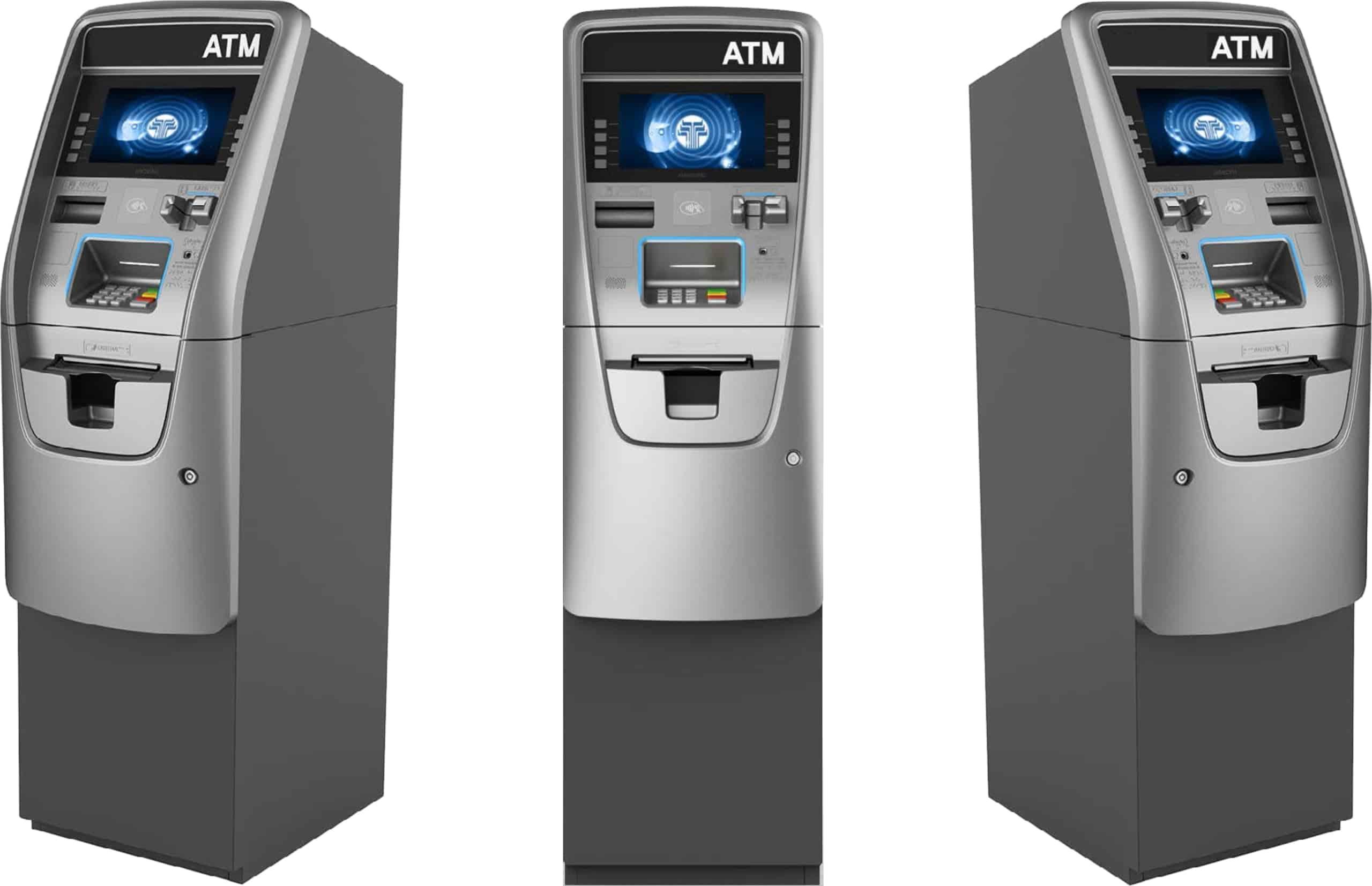Automated Teller Machine (ATM) Market Demand in the Digital Banking Era

Introduction
In the rapidly evolving financial landscape, digital banking has become the cornerstone of convenience and efficiency for consumers worldwide. With mobile banking apps, online transfers, and cashless transactions gaining momentum, one might assume that Automated Teller Machines (ATM) Market are losing relevance. However, contrary to popular belief, ATMs continue to play a vital role in the banking ecosystem, even in the digital age. This article explores the ongoing demand for ATMs in the digital banking era, highlighting their evolving functions, enduring importance, and the market dynamics shaping their future.
The Evolution of ATM Services
ATMs were originally designed for one primary function—cash withdrawals. Over time, however, they have evolved into multifunctional self-service banking terminals. Modern ATMs now offer a wide range of services including cash deposits, fund transfers, bill payments, mobile recharges, mini-statements, and even customer support through video banking.
This transformation has been key to sustaining their relevance in the digital era. Many banks are now using ATMs as mini-branches that operate 24/7, bridging the gap between traditional and digital banking services. As a result, the ATM market continues to find relevance and demand, especially in areas where physical bank branches are limited.
Why ATMs Still Matter in the Digital Age
1. Cash Still Reigns in Many Economies
While digital payments are rising rapidly, cash remains king in many parts of the world. In regions such as Asia, Africa, Latin America, and parts of Europe, a significant portion of the population still prefers using cash for daily transactions. Even in advanced economies like the United States and Germany, cash usage remains steady for small purchases.
ATMs provide the most convenient and reliable way for people to access cash, particularly in rural and semi-urban areas where digital infrastructure is limited. The presence of ATMs ensures that consumers can bridge the gap between digital access and physical cash requirements.
2. Financial Inclusion and Accessibility
One of the key drivers of ATM demand is its role in promoting financial inclusion. ATMs serve as critical access points for banking services in remote and underserved regions. For individuals without smartphones or internet access, ATMs offer a practical alternative to digital banking.
Governments and financial institutions around the world continue to invest in ATM infrastructure to bring unbanked populations into the formal financial system. Features like biometric authentication and multi-language interfaces also make ATMs more user-friendly and inclusive.
3. Complementing Digital Banking
Rather than competing with digital banking, ATMs are increasingly seen as complementary tools. Customers often use ATMs for services that cannot be done digitally, such as cash withdrawals or deposits. Additionally, ATMs offer reassurance during digital outages or cybersecurity threats, acting as a reliable fallback for essential banking functions.
Banks are integrating ATM networks with their digital platforms, allowing customers to initiate transactions on mobile apps and complete them at ATMs using QR codes or one-time passwords—creating a seamless hybrid banking experience.
Technological Innovations Driving Demand
The ongoing demand for ATMs is also fueled by continuous technological upgrades that improve user experience, security, and operational efficiency.
1. Contactless Transactions
Modern ATMs are being equipped with NFC (Near Field Communication) technology to enable contactless withdrawals. This aligns with the growing preference for touch-free transactions in the post-pandemic era.
2. AI and Data Analytics
Artificial intelligence is being used to monitor ATM usage patterns, predict cash demand, and optimize replenishment schedules. These innovations reduce downtime and ensure that machines are operational and well-stocked.
3. Cloud-Based Management
Cloud computing allows banks to manage ATM networks remotely, push updates, and troubleshoot in real time. This not only lowers operational costs but also ensures faster deployment of new features.
Regional Demand Patterns
North America and Europe
These mature markets have seen a slight decline in ATM numbers due to high digital adoption. However, demand persists for high-security, multifunctional ATMs that enhance customer service.
Asia-Pacific and Latin America
These regions are experiencing strong ATM growth, driven by financial inclusion efforts and increasing consumer demand for accessible cash services.
Africa and the Middle East
Investments in ATM infrastructure are helping bridge the financial gap in underbanked communities, supporting both traditional and digital banking needs.
Conclusion
In the digital banking era, the demand for ATMs remains strong and relevant. While the way people use ATMs has changed, their role in the financial system is far from obsolete. ATMs continue to offer essential services, particularly for cash transactions and financial inclusion. By embracing technological innovations and aligning with digital banking platforms, the ATM market is adapting to the evolving needs of consumers.
Looking ahead, ATMs will continue to be an important part of hybrid banking strategies, ensuring that access to financial services remains convenient, secure, and inclusive in a digitized world.
- Art
- Causes
- Crafts
- Dance
- Drinks
- Film
- Fitness
- Food
- Juegos
- Gardening
- Health
- Home
- Literature
- Music
- Networking
- Other
- Party
- Religion
- Shopping
- Sports
- Theater
- Wellness
- IT, Cloud, Software and Technology


